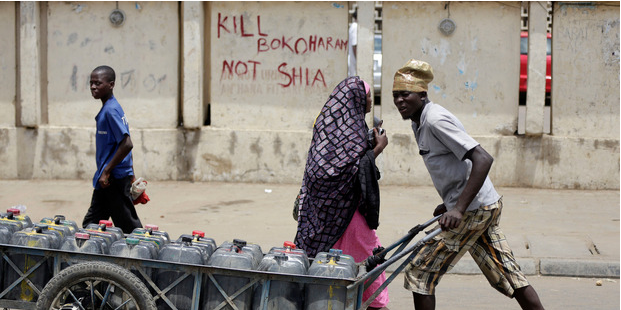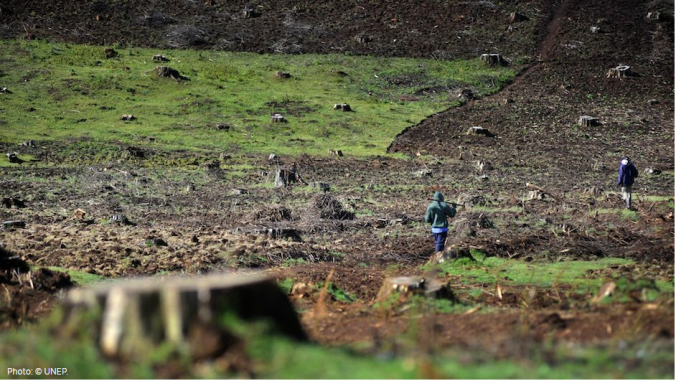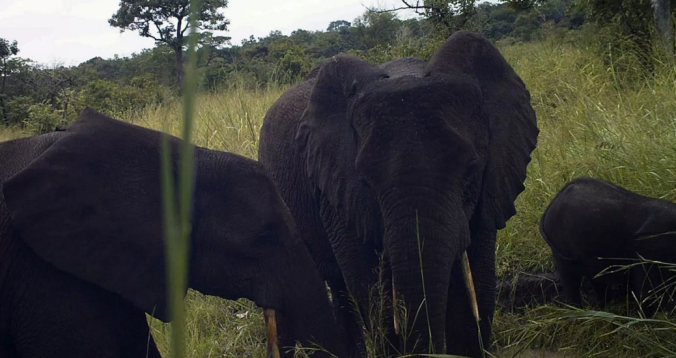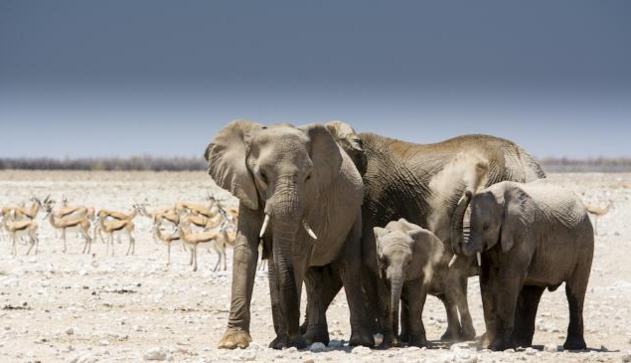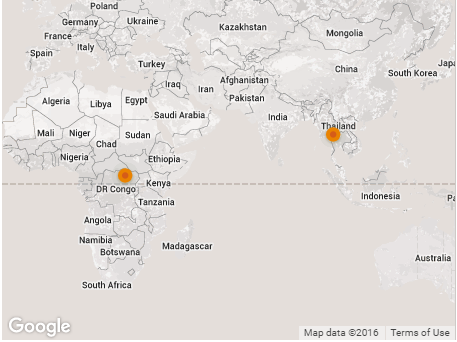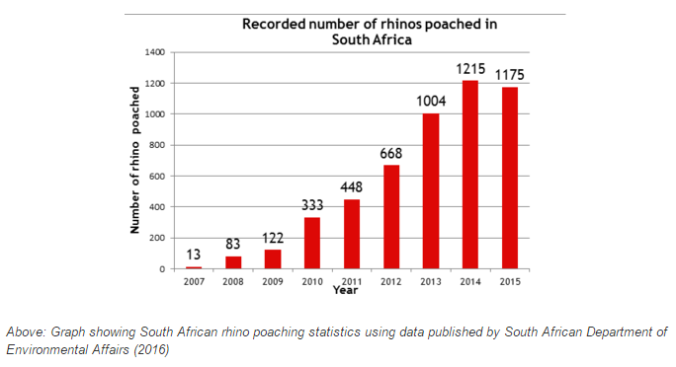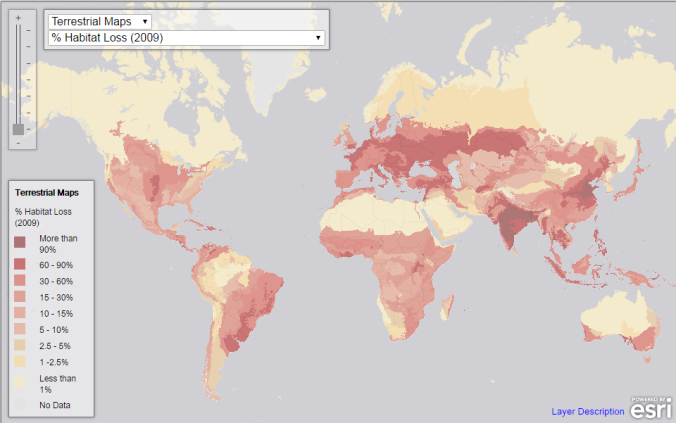According to the Wildlife Conservation Society, the International Union for Conservation of Nature and others, 60,000 elephants and more than 1,600 rhinos have been slaughtered by poachers and about a thousand park rangers have died in the past decade defending the animals. This article by the Washington Post highlights the poaching of endangered elephants and rhinos as a conservation crisis that is easy money for terrorists. The profits from these wildlife crimes are funding terrorist organizations and is creating a new threat in the terrorist hotbed of Africa.
Illegal wildlife trade generates an estimated $19 billion a year and apparently, the U.S. military can do much more to combat it. The article said that “Top U.S. defense officials should routinely discuss wildlife trafficking in meetings with African military leaders. The U.S. military’s post-Afghanistan plans must explicitly include poaching in Africa and illegal trafficking of wildlife as new “fronts” in the war on terror….[And] finally, private-sector security and technology companies should be encouraged to work with African governments to deploy sensors, radars, unmanned aerial vehicles, satellites and other sophisticated data-gathering and detection systems.”
Drawing on these recommendations, it seems that “security technology, military capacity and market incentives” have the power and ability to defeat terrorists and save wildlife in Africa.
